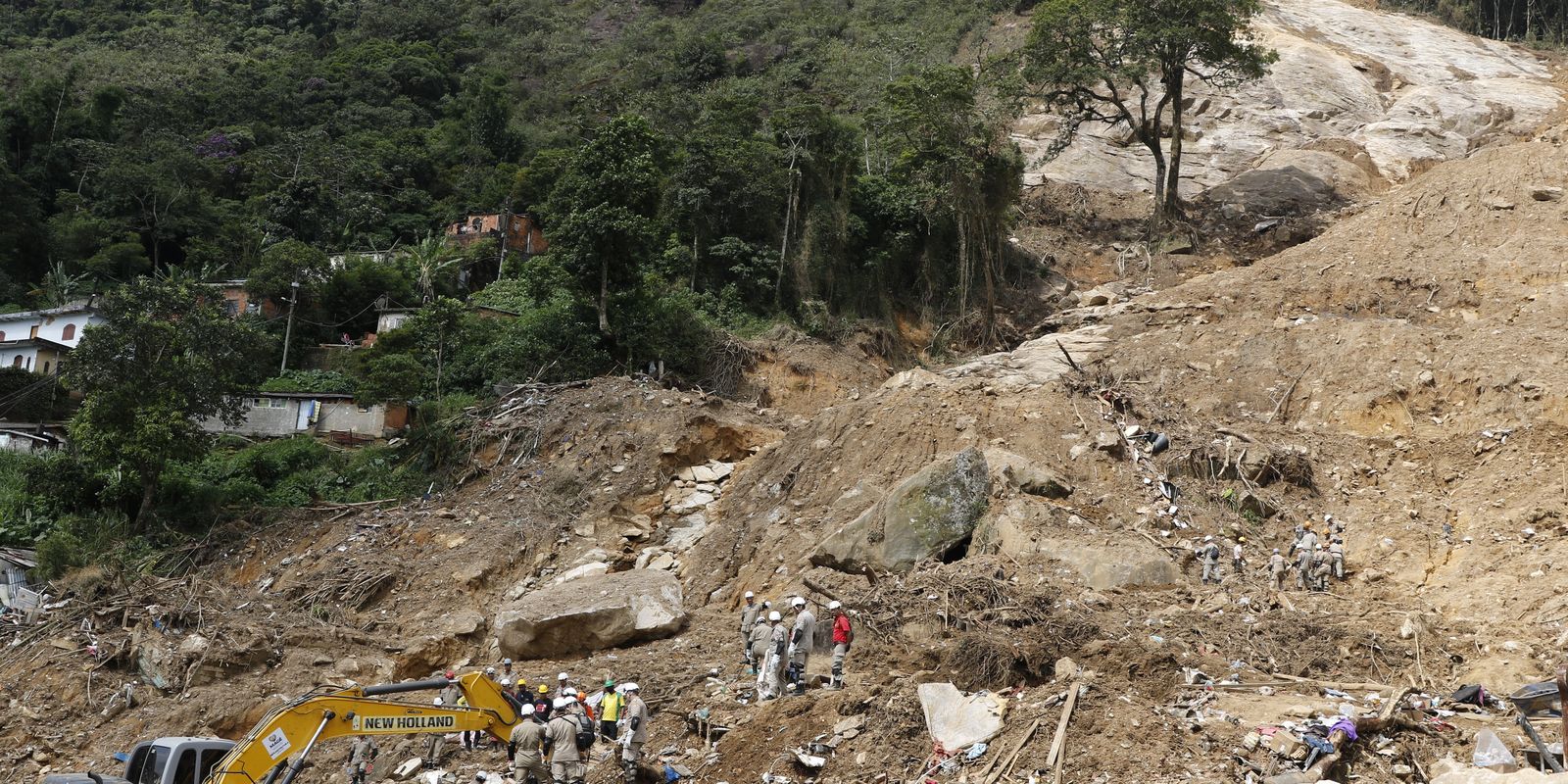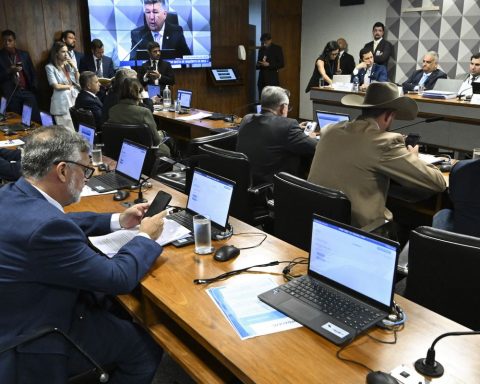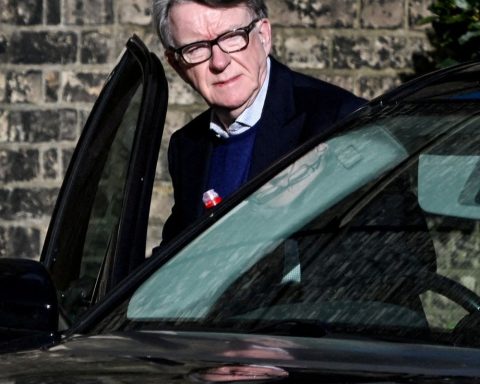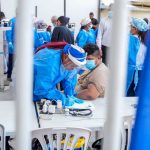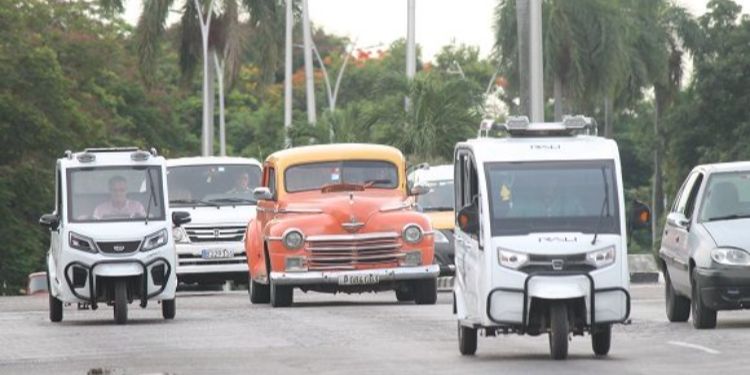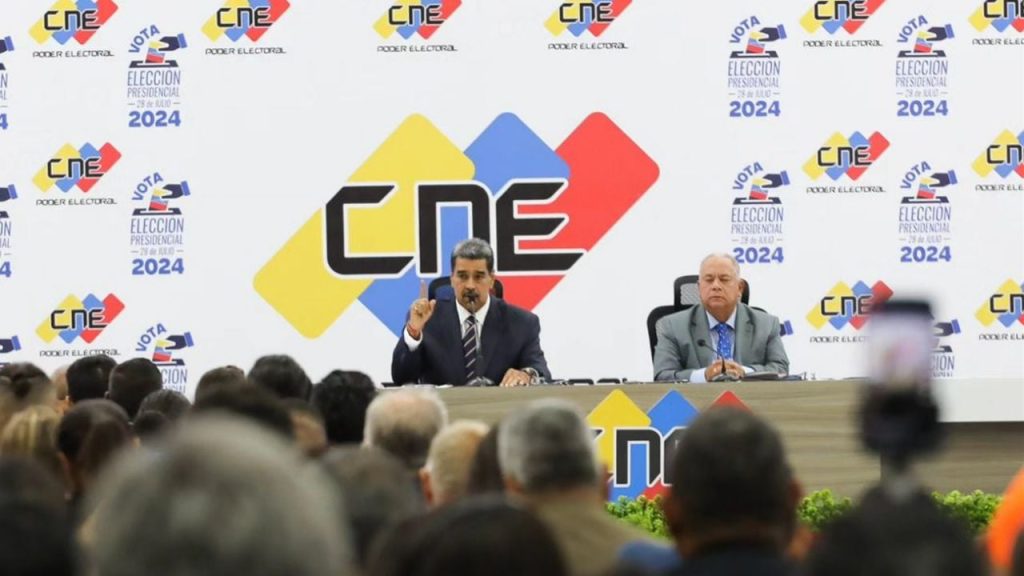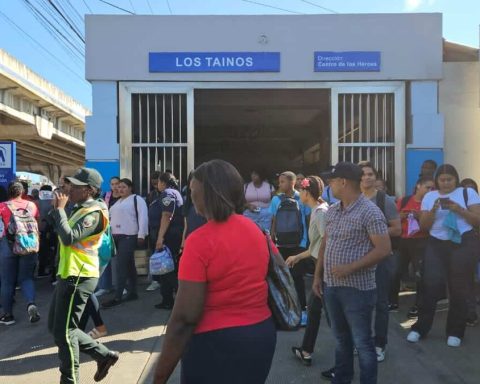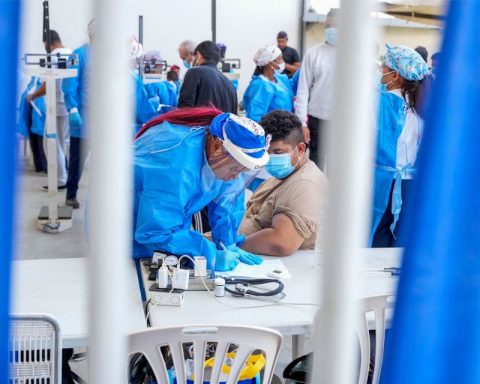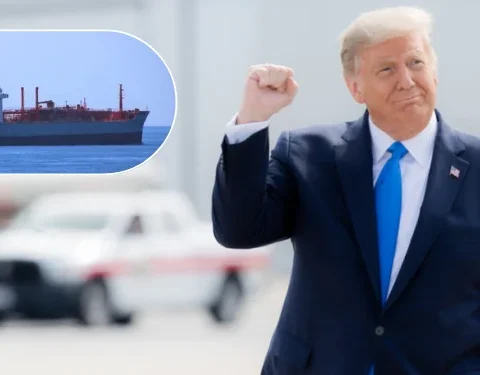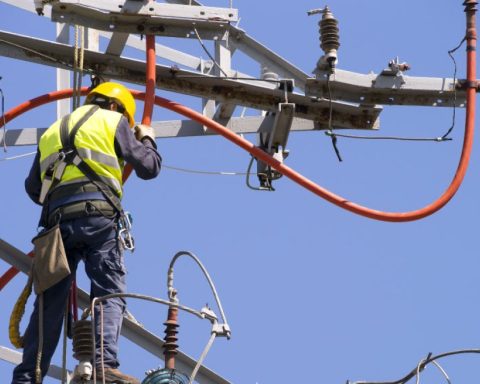The first in-person meeting of the G20’s Disaster Risk Reduction Working Group (GTRRD) on Monday (29) in Rio de Janeiro saw discussions on the importance of financing, especially for resilient infrastructure and early warnings. One possibility would be to allocate part of the funds raised from the implementation of a wealth tax, which could help reduce disaster risk.
According to the Minister of Integration and Regional Development, Waldez Góes, who participated in the group’s opening ceremony, civil protection and defense actions need resources, especially for recovery and prevention.
“We are calling for taxing large fortunes, the richest people in the world, and allocating part of the resources to this agenda,” he said.
At the beginning of the ceremony, the minister highlighted the importance of the working group, coordinated by the Ministry of Integration and Regional Development (MIDR), with support from the Ministry of Cities. “In view of the current global challenges, associated with the adverse events of climate change, the group addresses an urgent issue for all countries. The issue demands highly coordinated and effective international cooperation,” he said.
Waldez Góes also reported that Brazil has more than 10 million people living in areas at high or very high risk (of landslides, for example), which made combating inequalities to reduce vulnerabilities the group’s main priority.
“I have no doubt that every country represented here is experiencing similar situations. Without looking at these people, we will not be effective in promoting disaster risk reduction. Addressing inequality and vulnerability is at the heart of disaster risk reduction. To ensure that the vulnerability of the majority of the population at risk is addressed, we need to reorient the way financing and investment are made, directing efforts and resources towards infrastructure, early warning systems, recovery, rehabilitation and sustainable development,” he said.
Since December 1, 2023, Brazil assumed, for the first time, the presidency of the G20 and placed on the agenda priorities such as the reform of global governance, the three dimensions of sustainable development (economic, social and environmental) and the fight against hunger, poverty and inequality.
Currently, in addition to 19 countries from five continents (South Africa, Germany, Saudi Arabia, Argentina, Australia, Brazil, Canada, China, South Korea, United States, France, India, Indonesia, Italy, Japan, Mexico, United Kingdom, Russia and Turkey), the forum also includes the European Union and the African Union. The group brings together two-thirds of the world’s population, around 85% of global GDP and 75% of international trade.
